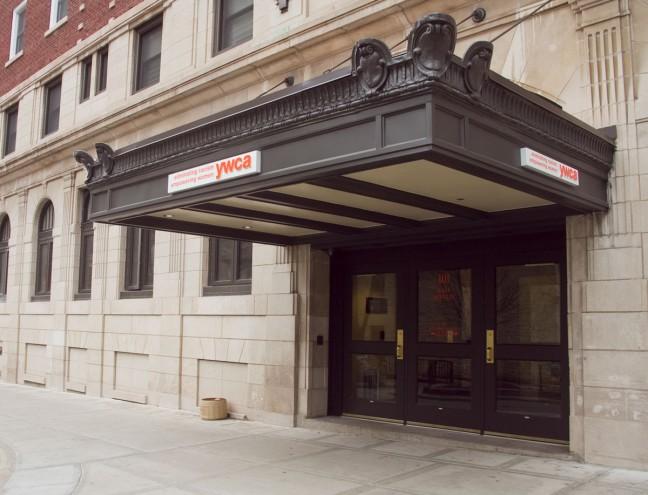As the University of Wisconsin pilots its cultural competency initiatives to achieve diversity and inclusivity, Young Women’s Christian Association Madison spurring conversation on racial equity and institutional racism at their yearly Racial Justice Summit.
The summit, which will take place on Monona Terrace Sept. 29 and 30, is celebrating its 15th year in Madison with two keynote speakers.
Rinku Sen, president and executive of Race Forward: The Center of Race Justice Innovation, will speak about issues with a “racial justice lens.”
Vernā Myers, who is a prominent social activist and appeared on a TED talk on overcoming implicit biases, will talk about acknowledging, changing and undoing implicit bias.
Sen said she will go into detail about how implicit biases are often held against people of color, despite society being conditioned to treat all people equally.
The summit was originally created to fulfill YWCA’s mission to eliminate racism and empower women, Colleen Butler, racial justice director for YWCA Madison, said. In its 15th year, the summit will continue further engaging Madison’s community in the conversation about race.
As YWCA Madison works to address the most racially pressing issues in Madison, this year’s theme, “Change the Narrative,” will focus on reframing the context and language used when discussing race, and will educate the community on racial disparities in Dane County.
In 2013, a Race to Equity Baseline report revealed several of those racially pressing issues. The report concluded that Dane County held one of the “widest black to white disparities of any place in America,” with black citizens experiencing more “negative life outcomes” than in any other part of the U.S.
Since the release of that report, Butler said the Madison community shifted the conversation of “why are we talking about race” to “how do we make a change in the community.” As part of her presentation, Sen said she wants the audience to imagine what that next step in their lives might be after attending the workshop, whether it be educating themselves more or pushing harder for change on the racial justice front.
Though the city is taking steps to become more diverse, Butler said she believes the community can still improve race relations and further integrate people of color.
Some of those improvements will be addressed through a plan by Race to Equity that will be presented at the summit. “The Roadmap to Equity: A Two Generation Approach to Reducing Racial Disparities in Dane County,” lists actions to reduce racial disparities in Madison that were first recognized in the 2013 report. The plan will focus on three areas for improvement: supporting working families, reducing educational disparities and improving economic well-being, Butler said.
“We have positive intent,” Butler said. “People want to be part of the solution, but Madison doesn’t make it particularly easy to mend those racial disparities unless you are a racial equity worker.”
Some of that difficulty may stem from the racial homogeneity of the city.
Sen said one solution to improving race relations, particularly in segregated areas in cities, is desegregating public facilities such as housing, education, hospitals and transportation.
“What’s going on is every time people make a step toward trying to make things more comfortable for students of color, there are some people who are politically motivated to complain about it and see that as a loss for white people or something that’s unjustified or inappropriate,” Oliver said.
Conflicts can arise people of color are integrated into a predominantly white community — particularly on campus, Pamela Oliver, a UW professor of sociology, said.
Butler is optimistic Madison will work together cohesively toward a more integrated community.
While she said she believes the city still remains somewhat of a “segregated community,” Butler applauds the fact that the employment sector has become more diverse and equitable in recent years.
Along with discussing race relations between white and black citizens, Butler said this year’s summit will partner up with the Ho-Chunk foundation to give attendees the opportunity to connection with indigenous citizens in Madison.
“Decisions in every dimension of our lives has a set of racial implications and influences our race relations,” Sen said. “I’d love to see us take out more productive set of actions for a fairer society where everyone has a real shot at leading a better life.”


